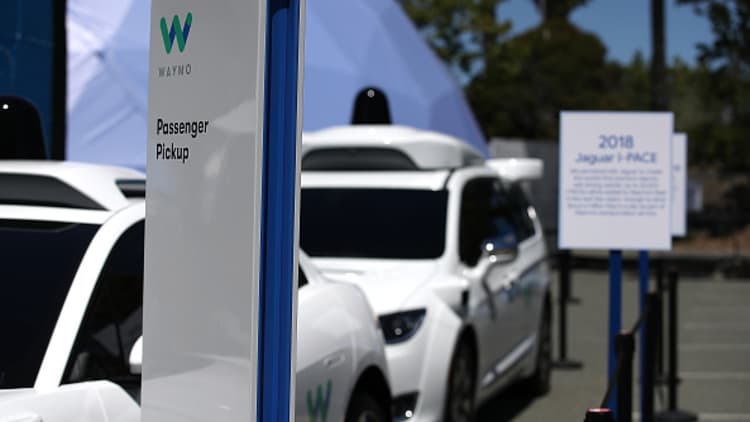A new report in The New Yorker details the events leading up to Waymo's 2017 high-profile lawsuit alleging Uber stole its trade secrets for creating self-driving vehicles. But in the early years before that legal battle, Google's lax approach to vehicle safety as it developed its self-driving technology stands out.
According to the report, Google had multiple accidents involving self-driving cars prior to the installment of California state regulations in 2014 that require companies to report such incidents. Unnamed Google executives told The New Yorker that over a dozen accidents occurred in the early years of Google's self-driving car project, which was called Project Chauffeur at the time. Project Chauffeur is now an independent company called Waymo under Google's parent company, Alphabet.
One notable accident involved Anthony Levandowski, a key engineer on Project Chauffeur who was at the center of the lawsuit against Uber alleging it stole trade secrets from Waymo. In 2011, Levandowski jumped into a self-driving Prius with Google executive Isaac Taylor. Levandowski wanted to prove that his software changes on the self-driving car were necessary, but the two ultimately ended up in an accident that left Taylor with a spinal injury requiring surgery, according to The New Yorker's report.
Levandowski acknowledged that innovation trumped safety in his view.
"If it is your job to advance technology, safety cannot be your No. 1 concern," he told The New Yorker. "If it is, you'll never do anything. It's always safer to leave the car in the driveway. You'll never learn from a real mistake."
"The Google self-driving project was founded with a mission to improve road safety and that's the standard we hold ourselves to," a Waymo spokesperson said in a written statement to CNBC. "Safety is our highest priority as we test and develop this technology."
Read the full report in The New Yorker.



